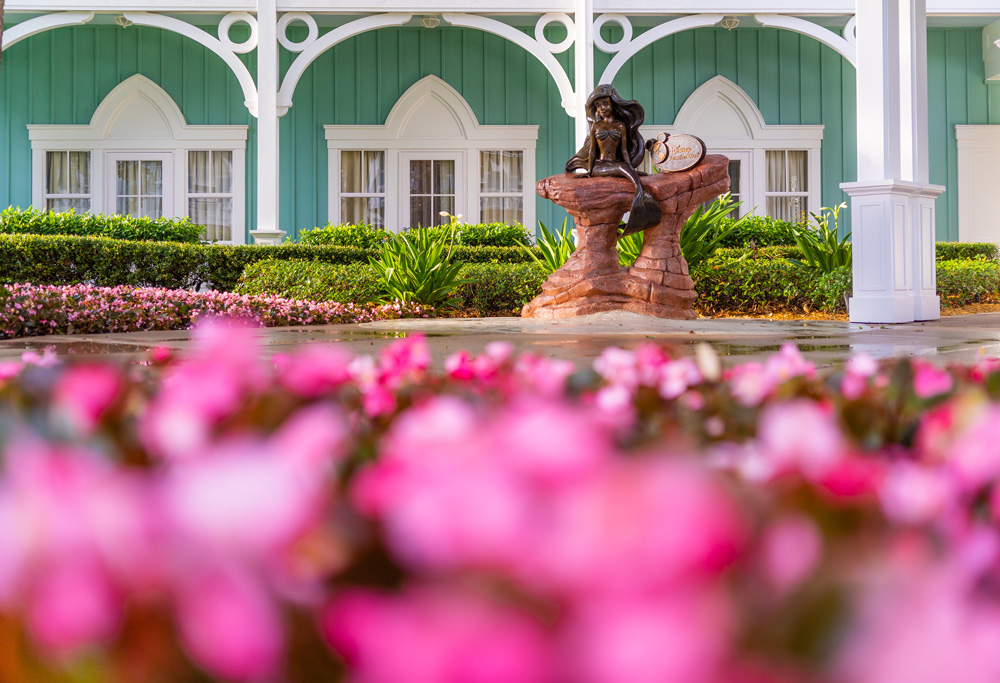
There have been a lot of interesting Disney Vacation Club developments in the last couple of months impacting both the direct and resale markets, which we think are interesting for current and prospective members. This post runs down the news, with thoughts on buying, selling, and more.
The most recent news is that Walt Disney World is resuming Annual Pass sales later this month. With that, eligible Disney Vacation Club Members will have the opportunity to purchase the DVC Disney Sorcerer Pass online beginning April 13, 2023 as part of their Membership Magic benefits.
To purchase the Disney Sorcerer Annual Pass, DVC Members must be eligible for Membership Extras. To be eligible for Membership Extra, you must be a “blue card” Disney Vacation Club member, meaning that you purchased directly from Disney or bought before the resale restrictions were implemented back in April 2016. This may seem totally unrelated to a post about the DVC sales slump, but it most definitely is not.
Within minutes of this news breaking, Bill Diercksen, the SVP of Disney Vacation Club, sent out an email to members informing them of the welcome update. That email also included the following line, which was not in the public announcement: “The DVC Disney Sorcerer Pass is expected to be on sale more often throughout the year, even when the pass is not broadly available for sale to Florida Residents.”
In addition to this, many members reported that their DVC Guides actually called to inform them of the announcement. This is unsurprising, as the lack of AP sales had been a sore subject among members, and was a heated topic during last year’s annual Condominium Association Meeting.

The impression from DVC leadership was that they had been pushing for Annual Passes to return, but that their hands were tied. It certainly makes sense that Disney Vacation Club would want members to be able to purchase passes; that’s a very big benefit of membership.
It’s also a selling point for DVC. Without the ability of prospective buyers to purchase APs, they were undoubtedly losing sales. The lack of Annual Passes was also almost certainly a contributing factor in tipping the scales in favor of some existing members selling their contracts.
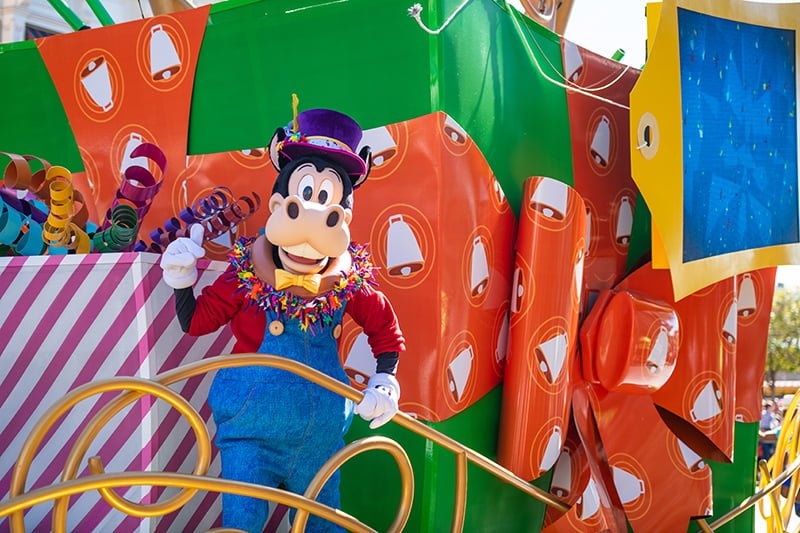
Honestly, it amazes me that Walt Disney World didn’t leave an option for DVC Annual Pass sales all along. The company could have turned the sales pause into a selling point to push people towards Disney Vacation Club, one of the parks division’s cash cows and best ongoing revenue streams. Instead, it became a way to alienate existing members.
That’s why I suspect there’s a distinction being drawn between the DVC Disney Sorcerer Pass and the standard Sorcerer Pass, with the latter able to sell out and the former on sale “more often throughout the year.” Better late than never, I guess. (It’s also possible the reservation allocation or pass perks differ, but I highly doubt it.)

To that point, there are already reports on social media and in forums of previously-disillusioned members pulling their listings from the resale market. This is entirely anecdotal, but it appears to be surprisingly widespread. The various DVC forums have really come alive at the news of Annual Pass sales resuming, with the reaction being overwhelmingly positive. (The negative is mostly from people who just returned from their trips and bought multi-day tickets. Understandable that they’d be upset–I would, too.)
I wish I had the foresight to look at the number of listings on the major resale sites yesterday morning when the news first broke so I could corroborate or disprove those reports. Regardless, I’ve done so today, so if there is a meaningful shift one way or the other in the next couple of weeks, I’ll follow up on this.
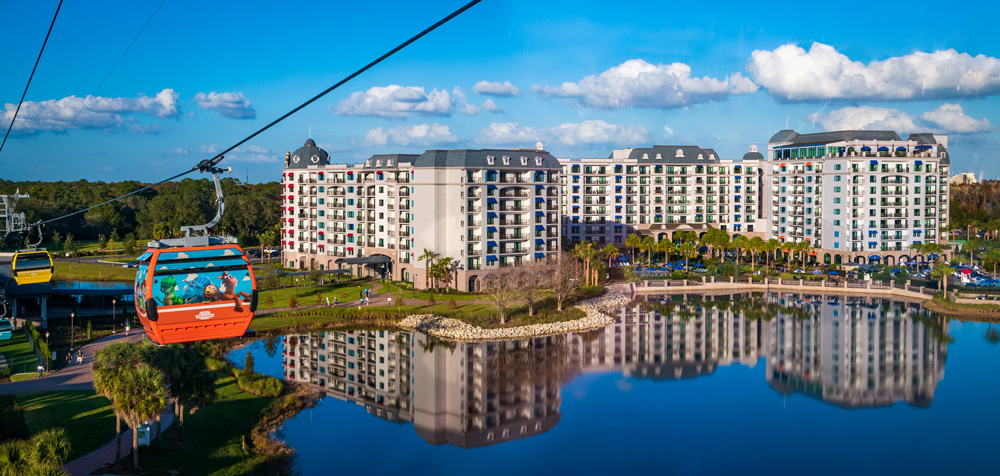
Speaking of the Disney Vacation Club market, it has been not-so-hot over the course of the last year or so. Year over year, direct sales volume is down over 25%, with actual drops being even sharper than that during some recent months. The explanations for this are likely multifaceted, including higher baselines coming out of the pandemic when pent-up demand was high and people were putting stimulus money towards DVC contracts.
The new resort smell has also worn off Grand Floridian and Riviera to some extent, and other potential purchasers are likely in a holding pattern waiting for the Disneyland Hotel and Poly towers.

With that said, DVC direct sales volume is weak in absolute numbers, not just relative ones or percentage declines. Per DVCNews, the average monthly volume thus far in 2023 is about 100,000 points, which is only slightly better than the worst months of the pandemic and on par with the decade low levels before that. To put that into better historical context, in the 12 months prior to the launch of Disney’s Riviera Resort (in 2018-2019), average volume was just above 170,000 points per month.
It’s a similar story on the resale market. There has been an influx of inventory, with an increased number of listings among the various sellers. Data from DVC Resale Market shows that the average resale prices have declined for 11 consecutive months, now at $127 per point. That’s a 17% decrease from their peak last April. Specific data from other sellers is unknown, but it likely follows suit as the once-frothy market enters an apparent correction.
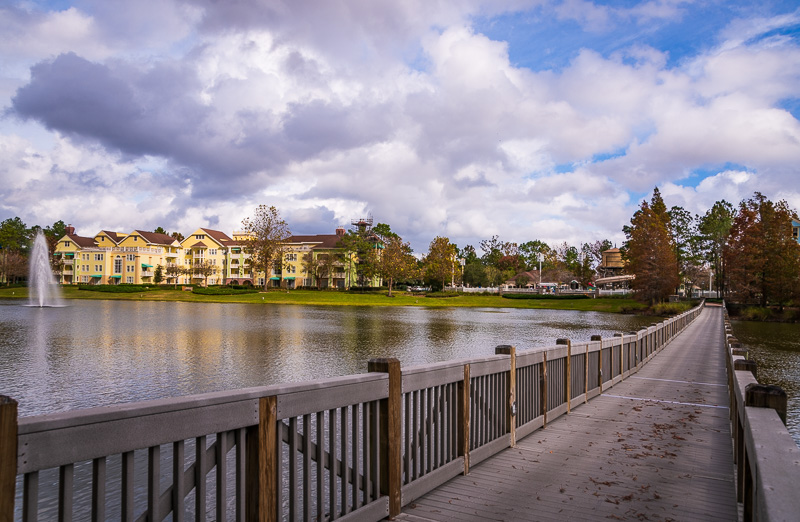
This is likely being driven by Disney not exercising its right of first refusal over the past six months. For those unfamiliar with the term, right of first refusal (ROFR) is the option Disney Vacation Club has to step into the shoes of the buyer and purchase the property themselves at the terms agreed upon by the seller and original buyer. Disney can elect to purchase (or not) during a review of every pending DVC transaction.
Among many other things, ROFR sets a price floor for the resale market. In a way, it’s an artificial distortion–prices are manipulated by the mere threat of ROFR as prospective buyers who don’t want to lose out to the dreaded ROFR beast. This is part of why, in the past, Disney has exercised ROFR even at times when direct sales were anemic.
ROFR provides a price backstop and stabilizes the resale market, sending a message to potential buyers and sellers that transactions will actually be scrutinized. This has value to Disney (nothing the company does is benevolent), as a chasm between direct and resale prices pushes informed buyers towards the latter. With few exceptions, Disney has largely declined to exercise ROFR since last September.

Another, presumably related, measure that Disney Vacation Club has taken is lowering its minimum purchase to 100 points. It’s likely that this is a matter of incentivizing demand in the face of rising per-point costs and reducing sticker-shock at the total contract price. That’s one way to attempt to reverse lackluster sales numbers; the other is offering better incentives or decreasing prices.
This is the first time in recent memory that the threshold has decreased, and follows several years of incremental increases. The last time the requirement was only 100 points was back in September 2019. Since then, successive changes nudged it to 150 points. Unfortunately, the requirement is still 150 points in order to qualify for Membership Extras (for now). So anyone wanting to purchase one of the DVC Sorcerer Passes will still need to purchase at least 150 points.

Whether to take the plunge now or wait is a good question, and likely one that’s on the mind of many Walt Disney World fans and prospective Disney Vacation Club buyers. The most sage piece of wisdom that can be imparted here is that you can’t time the market. That applies equally to stocks and DVC memberships. It should also be noted that the “you” who can’t time the market includes me, as much as I might like to think otherwise.
It’s entirely possible that the return of Annual Passes will cause more previously-jaded members to pull their resale listings, resulting in less supply and shifting the scales in favor of remaining buyers. In other words, the resumption of AP sales could be a pivotal moment; a turning point for the DVC market.
Personally, I’m skeptical that this is as big of a factor as it’s being made out to be. I don’t deny that some owners were pushed to sell by the AP issue, but I can’t imagine that was the sole cause for many. Rather, I suspect there’s a bit of selection bias at play among the very vocal minority of DVC members who are active online. Who knows, though.

The bigger factors are undoubtedly Disney’s exercise of ROFR, consumer confidence, household balance sheets, monetary policy, and the economy as a whole. Where all of these things are headed is an open question. As noted above, right of first refusal helps to set a price floor, without which market participants would naturally find one themselves.
It thus stands to reason that the absence of ROFR would lead to a continued downtrend in prices until that level is reached. In essence, the last ~6 months have been a still-ongoing price discovery process for the Disney Vacation Club resale market without ROFR to set that standard. If Disney were to flip a switch and start getting aggressive with ROFR once again, price trends would likely reverse in a hurry as there would, essentially, be an instant reset to the baseline.

While it might be the single most identifiable factor, ROFR is likely a symptom of a larger cause rather than one onto itself. Credit card debt has been climbing for close to two years at a record growth rate, according to Federal Reserve data. Servicing this debt is also becoming increasingly expensive due to interest rate hikes and depleted household savings levels.
This plus inflation on necessities should eventually result in reductions to discretionary spending. Meanwhile, consumer confidence and sentiment remain surprisingly resilient, suggesting most Americans are shrugging off higher prices and headlines about layoffs.
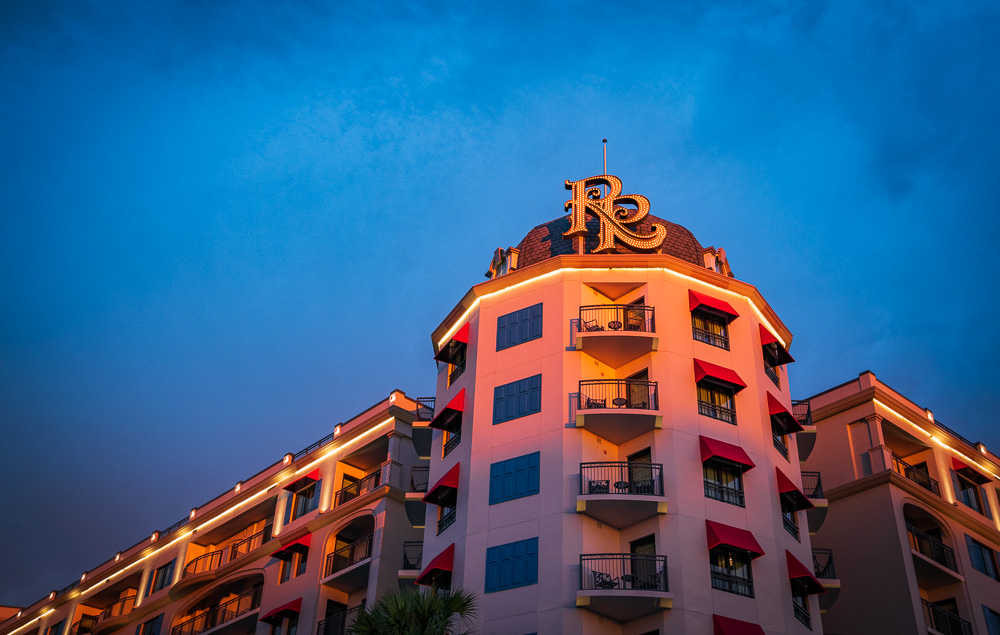
Then there’s the question of a recession. It’s been difficult to make it through a viewing of the evening news without hearing of a supposedly-looming recession for much of the last year, and yet, nothing. A majority of economists are still forecasting a recession later this year, but it could be mild. During past recessions, consumers first reduced their expenditures on nonessentials and luxury goods.
As much as fans might view Walt Disney World as “essential,” timeshares fall squarely into this category. As an anecdotal point, we bought into Disney Vacation Club during the peak of the Great Recession, and that was the lowest price we’ve ever seen DVC. (Disney Vacation Club contracts expire, and should decline in value. Ours appreciated tremendously in the decade that followed and the value remains higher today than it was almost 15 years ago.)

All of that is a long-winded way of saying who knows what’ll happen with the DVC market. In my view, the linchpin is ROFR, but even that does not exist in a vacuum. If Disney started exercising its right of first refusal tomorrow, average resale prices would look very different in a matter of weeks.
Of course, for that to happen, the company would want to take on more DVC inventory that they’d have to sell themselves, all while Aulani, Riviera, and Grand Floridian are all still available. It would also happen as towers at Disneyland Hotel and the Polynesian are coming soon, and bringing more inventory online.
Disney would also have to exercise ROFR while there’s significant economic uncertainty in the air, and the future is unclear. Personally, I think that would be a pretty bold bet to make…but I also would not bet against it. While I think a sudden shift is highly unlikely, Disney has resumed exercising ROFR in the past at uncertain moments like this, wanting to protect the market and the perception of Disney Vacation Club as a premium product unlike other timeshares.
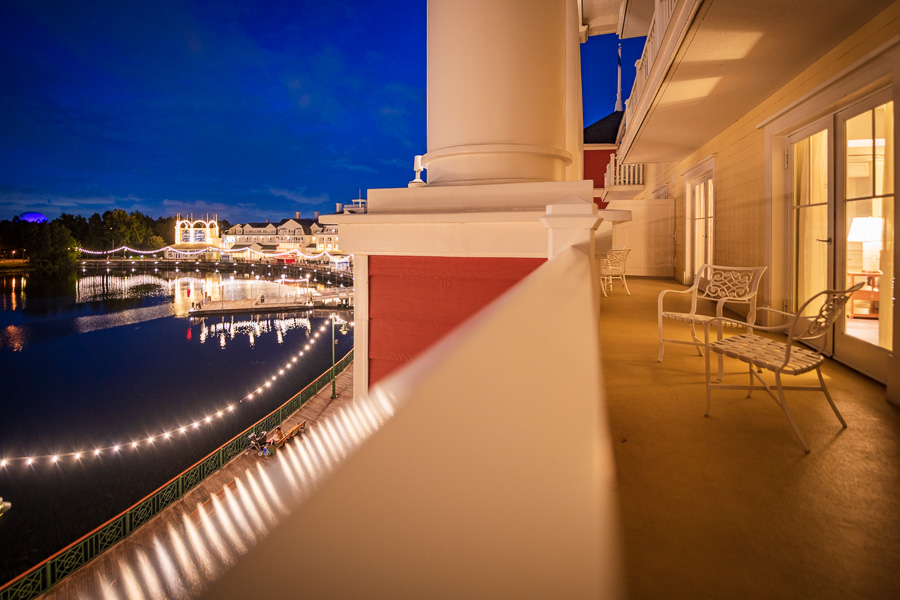
While we’re potentially in the market to buy more DVC points, that has been the case for us for years. We have a target price in mind, and if it doesn’t reach that, so be it. We’re on the opportunistic side, and don’t have a pressing need for more points. If our circumstances differed and we had a greater sense of urgency, I’d probably be watching the ROFR thread on the Disboards and firing out offers on the basis of what’s currently competitive. I suspect it might take a few tries before achieving success, as stubborn sellers might expect to still get circa April 2022 prices for their listings, rather than April 2023 rates. To each their own, though.
Finally, it’s worth noting that even with prices entering a correction, joining DVC still does not make sense for everyone. Prices are still historically high and whether Disney Vacation Club is right depends upon your personal circumstances and financials. Always be sure to do the math, and never finance DVC. To that end, if you’re considering joining DVC and want more guidance, be sure to read our Ultimate Guide to Disney Vacation Club.
That guide covers the pros & cons, resale v. direct, how much money you’ll save, and other important things to know before taking the plunge. If you still can’t decide whether membership is right for you, “try before you buy” with the recommendations in How to Save BIG on Deluxe Disney Accommodations Renting DVC Points.
YOUR THOUGHTS
Do you plan on purchasing Disney Vacation Club points in the near future? Think the current prices are as good as it’ll get, or will you hold off for something better? Think DVC will offer more aggressive discounts? Expect Disney Vacation Club to resume ROFR soon to stabilize the market, or think that would increases their inventory too much with Disneyland Hotel and the Poly tower coming online soon-ish? Any other reasons you would or would not purchase right now? Do you agree or disagree with our assessment? If you’re an existing Member, what do you think? Share any questions, tips, or additional thoughts you have in the comments!





